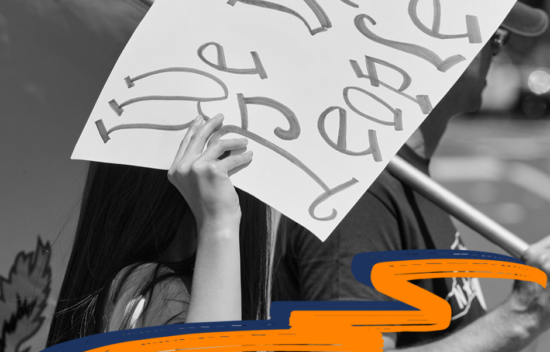The Duties of Citizenship
The Duties of Citizenship, Calvin Coolidge, November 3, 1924
Building Context: The night before the 1924 presidential election, incumbent President Coolidge gave this radio address. Coolidge assumed the office after Warren G Harding passed away in August 1923 and is now running for president as the Republican nominee. Coolidge encouraged voters to use their educated and well-informed vote for themselves, others, and the nation.
Source: Link to Full Source
Text |
Notes |
| It is impossible to divorce that faith which we have in others from the faith which we have in ourselves. The right action of all of us is made up of the right action of each one of us. Unless each of us is determined to meet the duty that comes to us, we can have no right to expect that others will meet the duties that come to them. |
|
| Of course, public opinion functions all the time. It no doubt has its influence on the actions of the executive and legislative branches of our Government, and even though it be imperceptible on any given occasion it is probably, as time passes, reflected in the courts. But all the influence of public opinion, all the opportunity for self-government through the rule of the people, depends upon one single factor. That is the ballot box. If the time comes when our citizens fail to respond to their right and duty, individually and collectively, intelligently and effectively at the ballot box on election day, I do not know what form of government will be substituted for that which we at present have the opportunity to enjoy, but I do know it will no longer be a rule of the people, it will no longer be self-government. | |
| To live up to the full measure of citizenship in this nation requires not only action, but it requires intelligent action. It is necessary to secure information and to acquire education. The background of our citizenship is the meeting house and the school house, the place of religious worship and the place of intellectual training. But we cannot abandon our education at the school house door. We have to keep it up through life. | |
| But the right to vote is conferred upon our citizens not only that they may exercise it for their own benefit, but in order that they may exercise it also for the benefit of others. Persons who have the right to vote are trustees for the benefit of their country and their countrymen. They have no right to say they do not care. They must care. They have no right to say that whatever the result of the election they can get along. They must remember that their country and their countrymen cannot get along, cannot remain sound, cannot preserve its institutions, cannot protect its citizens, cannot maintain its place in the world, unless those who have the right to vote do sustain and do guide the course of public affairs by the thoughtful exercise of that right on election day. They do not hold a mere privilege to be exercised or not, as passing fancy may move them. They are charged with a great trust, one of the most important and most solemn which can be given into the keeping of an American citizen. It should be discharged thoughtfully and seriously, in accordance with its vast importance. | |
| therefore urge upon all the voters of our country, without reference to party, that they assemble tomorrow at their respective voting places in the exercise of the high office of American citizenship, that they approach the ballot box in the spirit that they would approach a sacrament, and there, disregarding all appeals to passion and prejudice, dedicating themselves truly and wholly to the welfare of their country, they make their choice of public officers solely in the light of their own conscience. When an election is so held, when a choice is so made, it results in the real rule of the people, it warrants and sustains the belief that the voice of the people is the voice of God. |
Primary Source by (1924)



